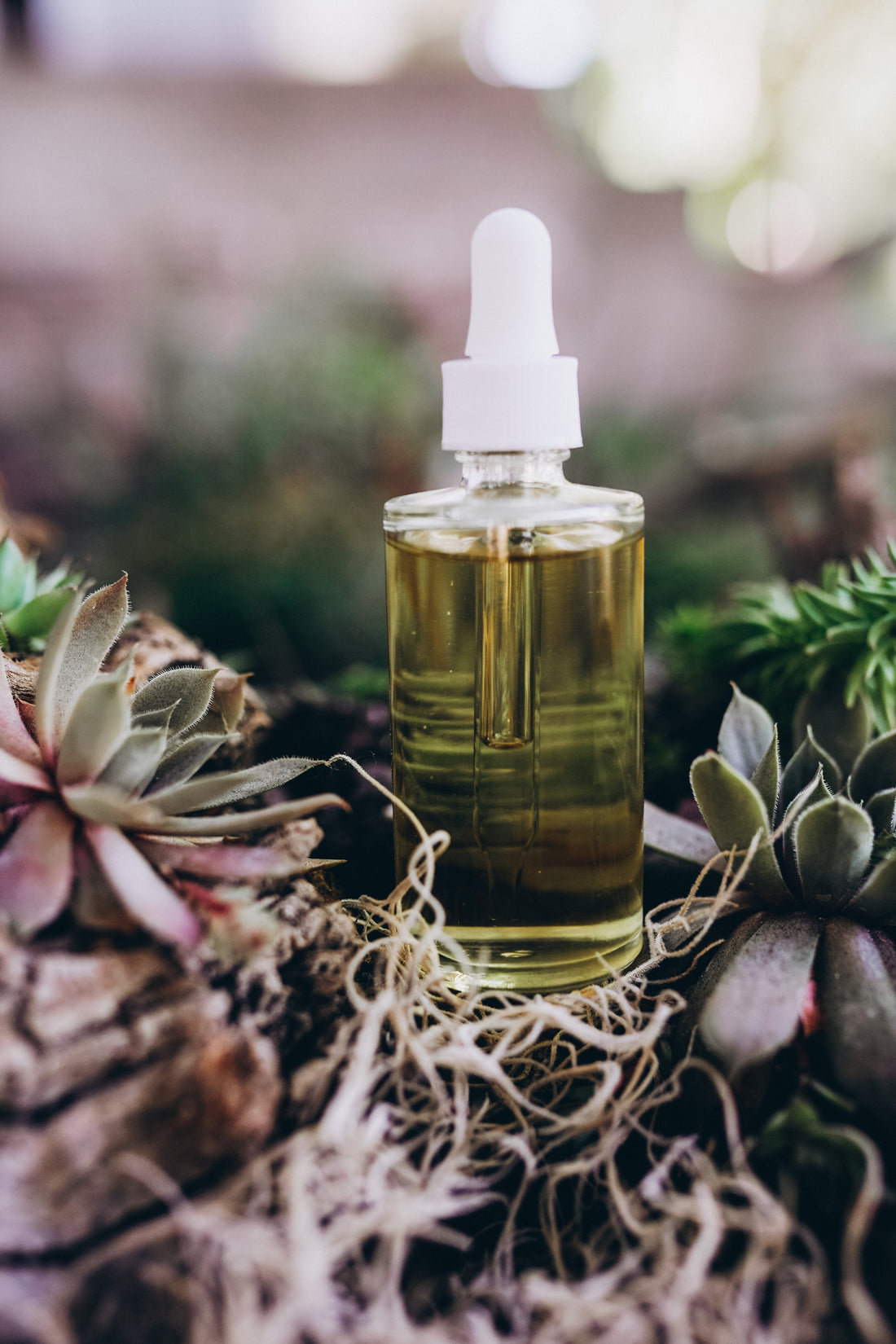Essential Oils 101: A Beginner's Guide to Harnessing the Power of Nature
Welcome to the world of essential oils, where nature's aromatic wonders can transform your well-being. If you're new to the enchanting realm of essential oils, fear not – this beginner's guide is here to introduce you to the basics. From common essential oils and their properties to tips on selecting quality oils and ensuring safe usage, let's embark on a journey into the fascinating world of aromatherapy.
Common Essential Oils and Their Properties:
-
Lavender: Known for its calming properties, lavender essential oil is a versatile oil that promotes relaxation and helps soothe skin irritations.
-
Peppermint: With a refreshing and invigorating scent, peppermint essential oil is renowned for its ability to boost energy, improve focus, and alleviate headaches.
-
Tea Tree: A powerful antibacterial and antifungal oil, tea tree essential oil is often used for skin issues, including acne and minor cuts.
-
Lemon: Offering a bright and uplifting aroma, lemon essential oil is celebrated for its mood-enhancing properties and can be used as a natural cleanser.
-
Eucalyptus: Known for its respiratory benefits, eucalyptus essential oil is commonly used to ease congestion and support clear breathing.
Tips on Selecting Quality Essential Oils:
-
Purity Matters: Look for essential oils that are 100% pure and free from additives or synthetic ingredients. Check for labels that indicate purity and quality.
-
Botanical Name: Each essential oil comes from a specific plant species, and the botanical name on the label ensures you're getting the right oil. For example, Lavandula angustifolia for true lavender.
-
Extraction Method: Different oils are extracted using various methods, such as steam distillation or cold-pressing. Understanding the extraction method can provide insights into the oil's quality.
-
Packaging: Essential oils are sensitive to light and heat. Choose oils that come in dark glass bottles to protect them from degradation due to exposure.
Safety Guidelines for Using Essential Oils:
-
Dilution: Essential oils are potent and should be diluted before applying to the skin. Use a carrier oil (such as jojoba or coconut oil) to dilute and avoid skin irritation.
-
Patch Test: Before widespread use, perform a patch test by applying a diluted drop of the essential oil on a small area of skin to check for any adverse reactions.
-
Avoid Ingestion: While some essential oils are safe for culinary use, not all are suitable for ingestion. Exercise caution and consult a professional before consuming essential oils.
-
Pregnancy and Children: Certain essential oils may not be safe during pregnancy or for young children. Always consult with a healthcare professional before using essential oils in these situations.
As you embark on your journey with essential oils, remember that nature's gifts are powerful but should be respected. By understanding the properties of common essential oils, selecting high-quality products, and following safety guidelines, you can harness the benefits of these aromatic wonders. Whether you're looking to enhance your mood, promote relaxation, or support your overall well-being, essential oils offer a natural and delightful way to experience the art and science of aromatherapy. Enjoy the journey!

